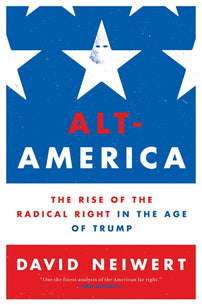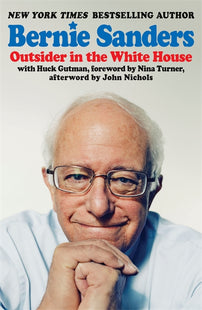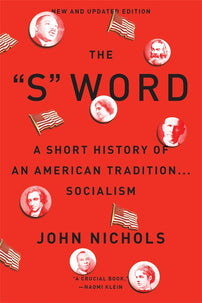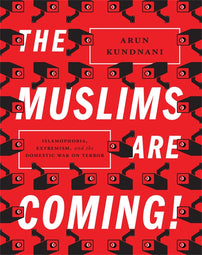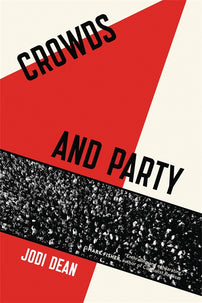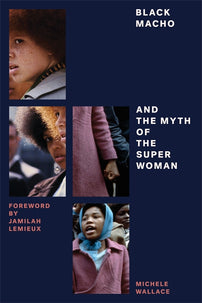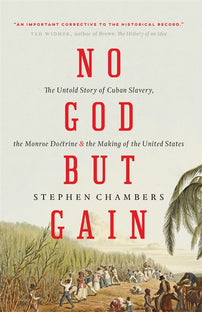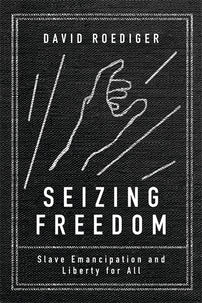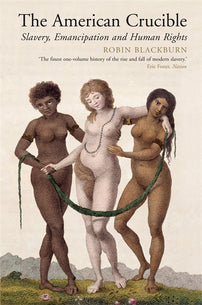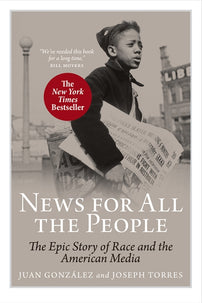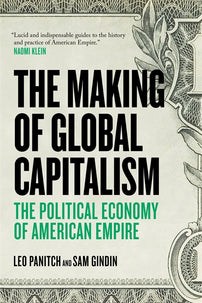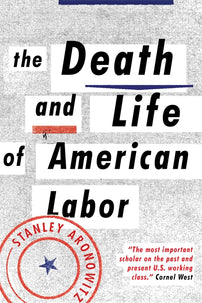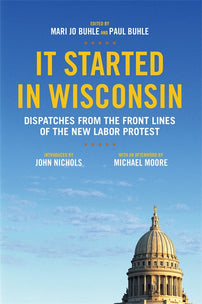Trump 1 Year On: US Politics Reading List
It’s been one year since Donald Trump was inaugurated, and one year since millions of people flooded to the streets for the anti-inauguration protests and the women’s marches to welcome Trump to his first day in office. This US politics reading list will inform and inspire readers to keep resisting.
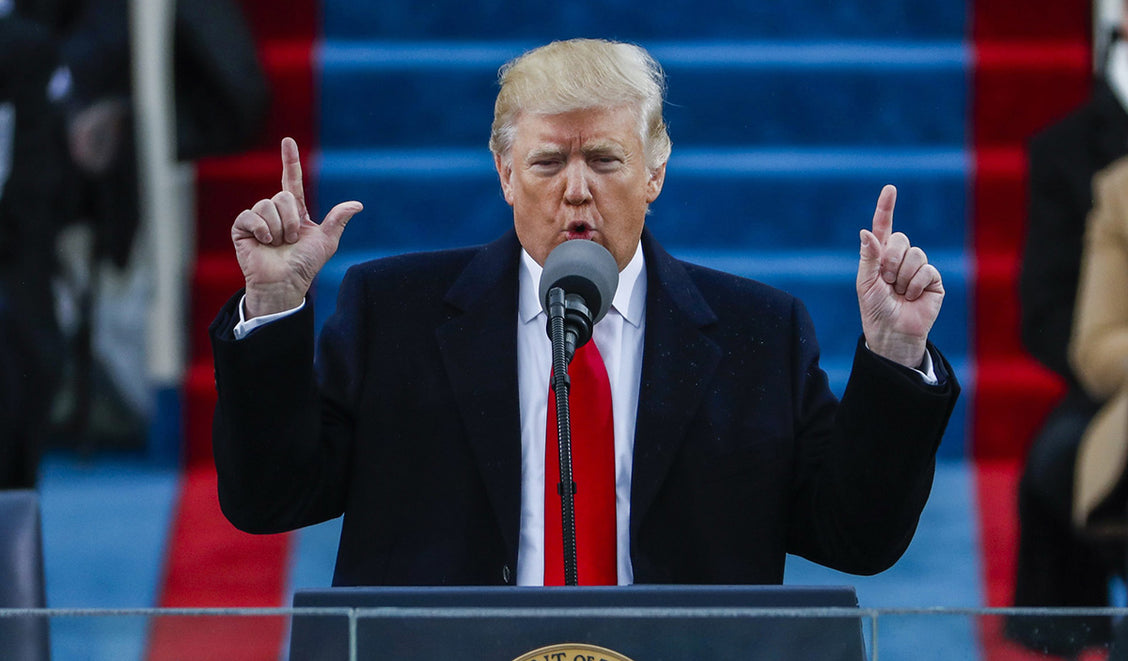
As relentless attacks from and mass opposition to the Trump presidency continue, it’s time to take stock of the year since he became the leader of the most powerful country in the world. Arm yourself with theory, political analysis, and history of resistance and get ready for the year of struggle to come.
[book-strip index="1" style="buy"]FREE EBOOK
The five essential speeches from “The Anti-Inauguration,” held on inauguration night 2017 at the historic Lincoln Theatre in Washington, DC.
“It’s not enough to simply say ‘No’ to attacks [from the Trump administration]. It’s not enough because we know that where we are now, before the attacks come, is entirely unacceptable. The levels of inequality, the levels of racism―and the planet chaos that we have unleashed. We need radical system change.” —Naomi Klein
[book-strip index="2" style="buy"]A deeply researched and authoritative report on the growth of fascism and far-right terrorism.
[book-strip index="3" style="buy"]NOW AVAILABLE IN PAPERBACK
America’s leading essayist on Trump as a symptom of American retreat of democracy over the last twenty-five years. in the fire and smoke of the war on terror.
[book-strip index="4" style="buy"]Remarkable oral histories that shed light on the lives of milions of undocumented immigrants risking deportation and imprisonment to carve a life for themselves in the US.
[book-strip index="5" style="buy"]A forty-year investigation by In These Times of the stories behind the US inequality crisis.
“To get out of the current political and economic hole, we need to understand how we ended up here. For decades, In These Times has been marshaling some of our finest minds to tackle this vital question, and here are the illuminating results of that investigation.” – Naomi Klein
[book-strip index="6" style="buy"]In this book, Sanders tells the story of a passionate and principled political life. He describes how, after cutting his teeth in the Civil Rights movement, he helped build a grassroots political movement in Vermont, making it possible for him to become the first independent elected to the US House of Representatives in forty years. The story continues into the US Senate and through the dramatic launch of his presidential campaign.
[book-strip index="7" style="buy"]Now in an updated edition, The “S” Word makes a case for socialist ideas as an indispensable part of American heritage. A new final chapter considers the recent signs of a leftward sea change in American politics in the face of increasing and historic levels of inequality.
[book-strip index="8" style="buy"]Based on several years of research and reportage, in locations as disperate as Texas, New York and Yorkshire, and written in engrossing, precise prose, this is the first comprehensive critique of counterradicalization strategies. The new policy and policing campaigns have been backed by an industry of freshly minted experts and liberal commentators. The Muslims Are Coming! looks at the way these debates have been transformed by the embrace of a narrowly configured and ill-conceived antiextremism.
[book-strip index="9" style="buy"]Crowds and Party channels the energies of the riotous crowds who took to the streets in the past five years into an argument for the political party. Rejecting the emphasis on individuals and multitudes, Jodi Dean argues that we need to rethink the collective subject of politics.
[book-strip index="10" style="buy"]Since the birth of the nation, impulses of empire have been close to the heart of the United States. How these urges interact with the way the country understands itself, and the nature of the divergent interests at work in the unfolding of American foreign policy, is a subject much debated and still obscure. In a fresh look at the topic, Anderson charts the intertwined historical development of America’s imperial reach and its role as the general guarantor of capital.
[book-strip index="11" style="buy"]Originally published in 1978, Black Macho and the Myth of the Superwoman caused a storm of controversy. Michele Wallace blasted the masculine biases of the black politics that emerged from the sixties. She described how women remained marginalized by the patriarchal culture of Black Power, demonstrating the ways in which a genuine female subjectivity was blocked by the traditional myths of black womanhood. With a foreword that examines the debate the book has sparked between intellectuals and political leaders, as well as what has—and, crucially, has not—changed over the last four decades, Black Macho and the Myth of the Superwoman continues to be deeply relevant to current feminist debates and black theory today.
[book-strip index="12" style="buy"]NOW AVAILABLE IN PAPERBACK
This breakthrough history, based on years of research into private correspondence; shipping manifests; bills of laden; port, diplomatic, and court records; and periodical literature, makes undeniably clear how decisive illegal slavery was to the making of the United States. US economic development and westward expansion, as well as the growth and wealth of the North, not just the South, was a direct result and driver of illegal slavery. The Monroe Doctrine was created to protect the illegal slave trade.
[book-strip index="13" style="buy"]NOW AVAILABLE IN PAPERBACK
How did America recover after its years of civil war? How did freed men and women, former slaves, respond to their newly won freedom? David Roediger’s radical new history redefines the idea of freedom after the jubilee, using fresh sources and texts to build on the leading historical accounts of Emancipation and Reconstruction.
[book-strip index="14" style="buy"]The American Crucible furnishes a vivid and authoritative history of the rise and fall of slavery in the Americas. For over three centuries enslavement promoted the rise of capitalism in the Atlantic world. The New World became the crucible for a succession of fateful experiments in colonization, silver mining, plantation agriculture, racial enslavement, colonial rebellion, slave witness and slave resistance.
[book-strip index="15" style="buy"]Bestselling narrative history of American media that puts race at the center of the story.
[book-strip index="16" style="buy"]The all-encompassing embrace of world capitalism at the beginning of the twenty-first century was generally attributed to the superiority of competitive markets. Globalization had appeared to be the natural outcome of this unstoppable process. But today, with global markets roiling and increasingly reliant on state intervention to stay afloat, it has become clear that markets and states aren't straightforwardly opposing forces.
[book-strip index="17" style="buy"]Aronowitz brings a historian’s understanding of American workers’ struggles in taking the long view of the labor movement. Then, in a survey of current initiatives, strikes, organizations, and allies, Aronowitz analyzes the possibilities of labor’s rebirth, and sets out a program for a new, broad, radical workers’ movement.
[book-strip index="18" style="buy"]Since the launch of the Afghanistan and Iraq wars—now the longest wars in American history—the US military has struggled to recruit troops. It has responded, as Matt Kennard’s explosive investigative report makes clear, by opening its doors to neo-Nazis, white supremacists, gang members, criminals of all stripes, and the mentally ill. Irregular Army connects some of the War on Terror’s worst crimes to this opening-up of the US military. With millions of veterans now back in the US and domestic extremism on the rise, Kennard’s book is a stark warning about potential dangers facing Americans—from their own soldiers.
[book-strip index="19" style="buy"]First-hand accounts of the largest pro-labor mass mobilization in modern American history.
